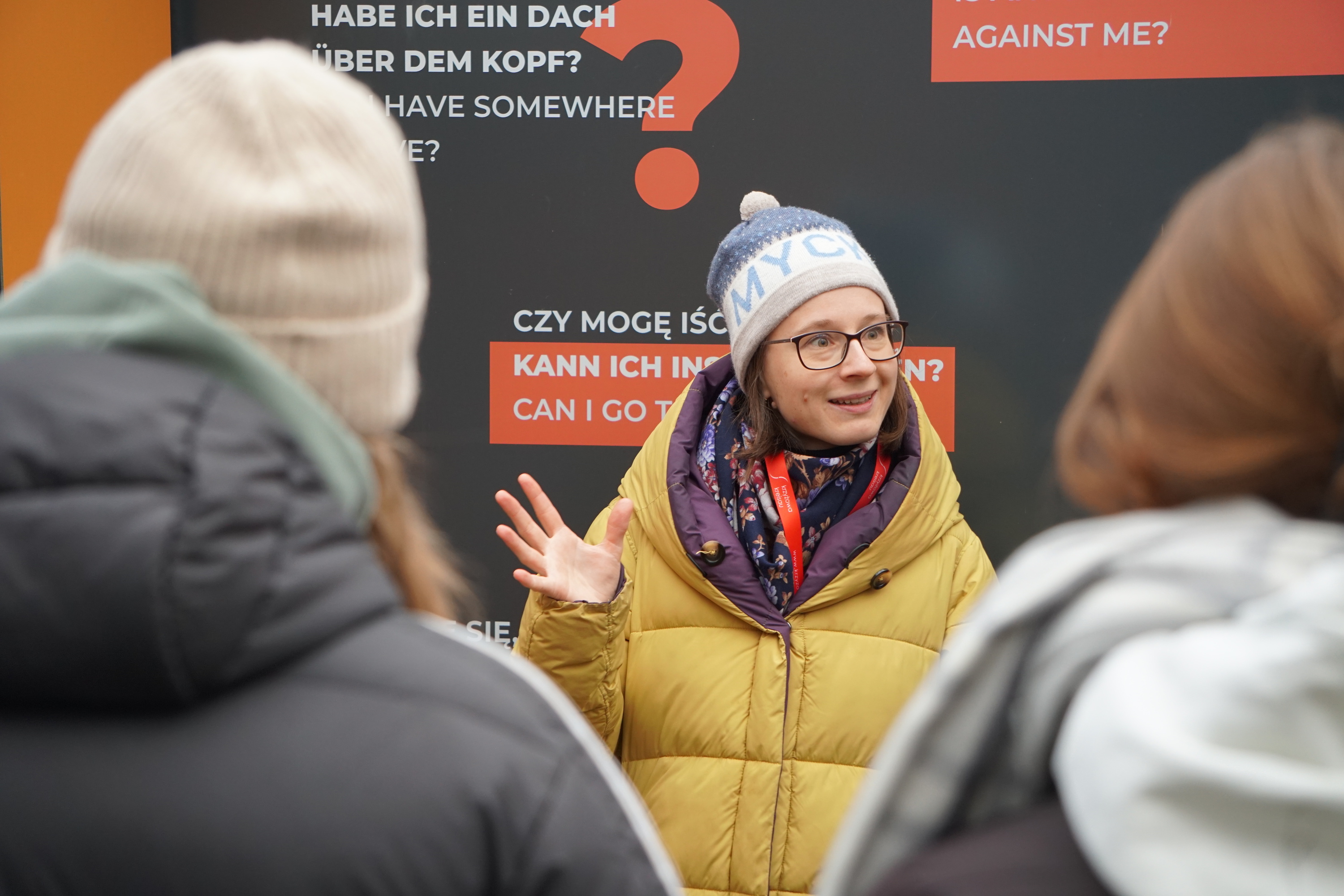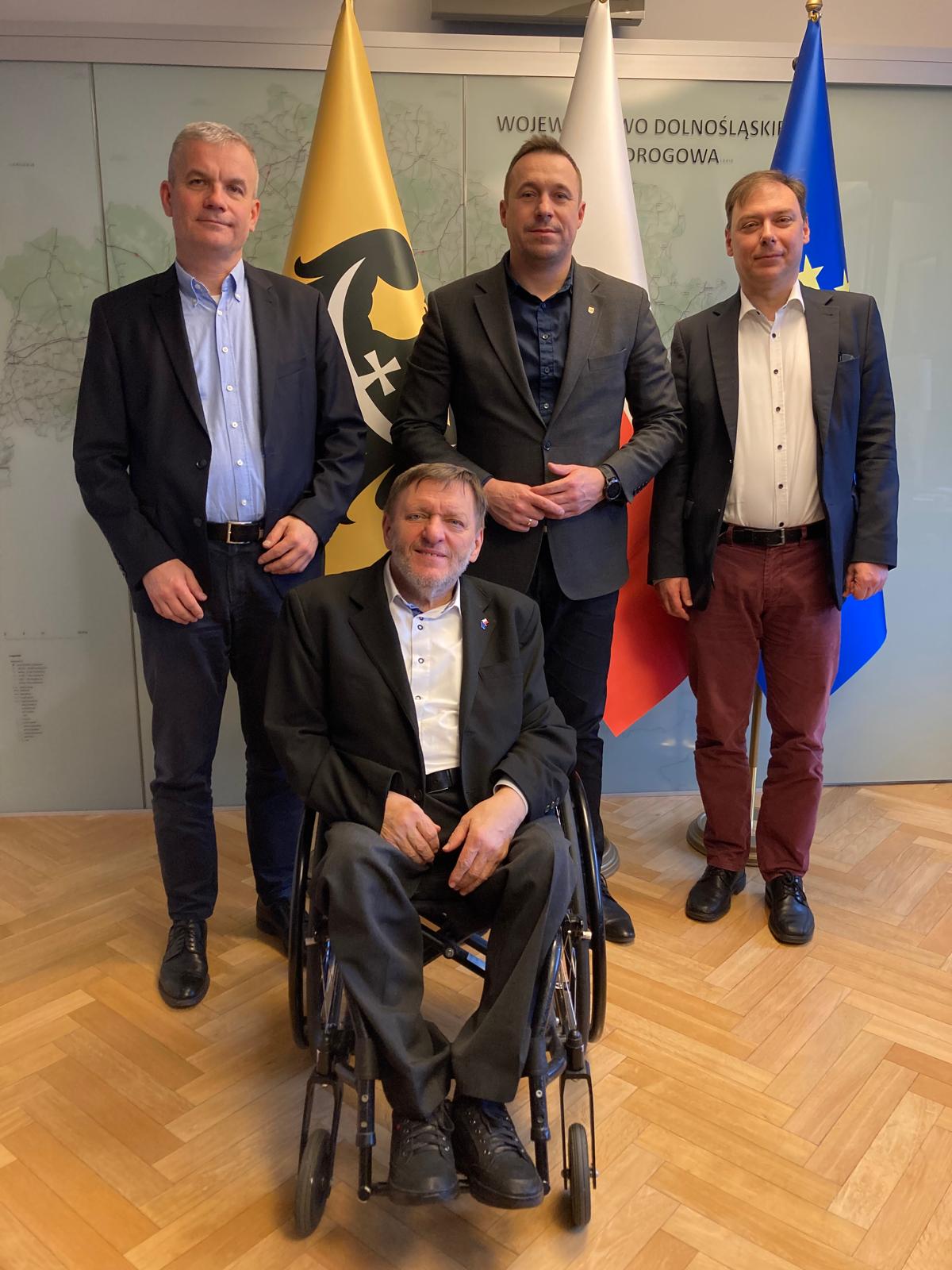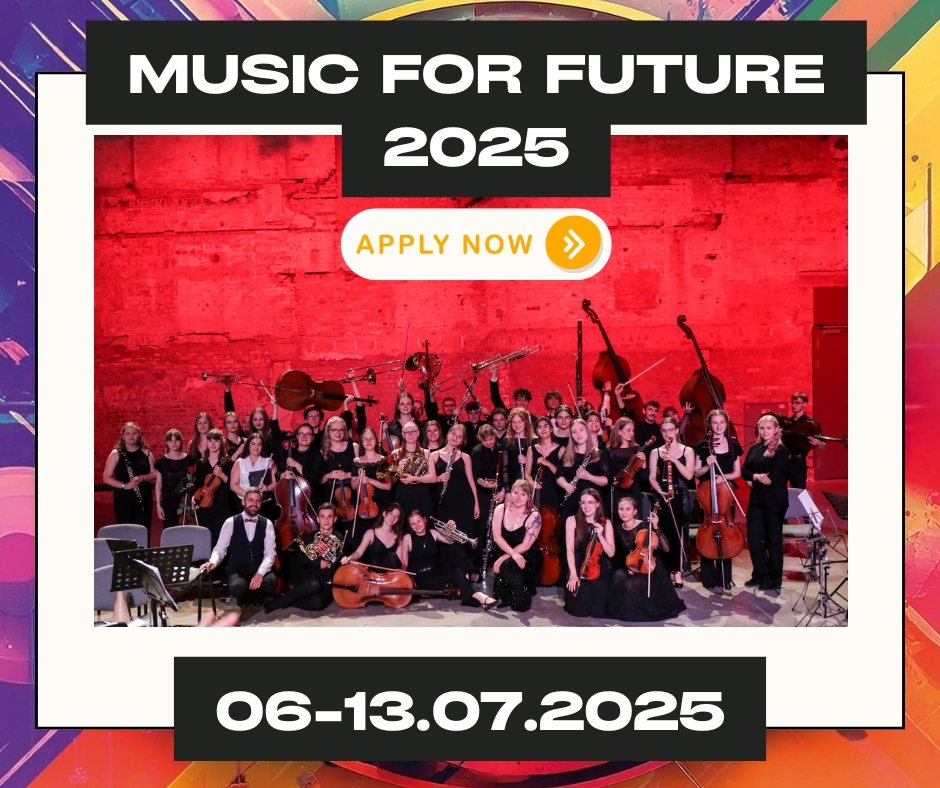
It has been 1,096 days. Three years. That’s how long it has been since the start of Russia’s full-scale aggression against Ukraine. Days and years full of evil, death, suffering, and destruction. But also full of heroism, solidarity, and loyalty to values.
Krzyżowa did not hesitate to offer help to the victims of the war. Just a few days after the outbreak, we welcomed the first refugees. Between March 2022 and January 2025, a total of 177 people found shelter with us. Some stayed for a few weeks, others for many months. Recently, the last of them left us.
We did not limit ourselves to providing shelter and food. We assisted our guests in handling bureaucratic matters, organized Polish language courses, training, and activities aimed at professional activation, as well as medical and psychological care. We helped them search for jobs and housing. For children, we created a special group in our kindergarten, took them on trips, and invited them to participate in our projects.
All of this was made possible by the immense dedication of our team, as well as the incredible support we received from our partners and friends in Poland, Germany, and other countries. We sincerely thank everyone who helped us help others. Without you, we would not have been able to do anything! We are so grateful you are here!
We received many expressions of gratitude from our guests. One of them was a Ukrainian flag with thanks and signatures from several dozen Ukrainian soldiers. Some of them may no longer be alive today...
Read more: Statement of the Board of the Krzyżowa Foundation for Mutual Understanding in Europe on the Third...

On January 27-30, 2025. 26 students from Bad Friedrichshall Gymnasium visited Krzyzowa as part of a trip to memorial sites to learn about the history of the Krzyzowa Circle resistance movement, the development of Polish-German relations as depicted in the exhibition “Courage and Reconciliation,” and to reflect on issues of hatred, propaganda and discrimination based on our latest exhibition “1939-1945: The Years That Changed the World.” Participants also prepared together for a visit to the former Groß-Rosen concentration camp, gathered further information on site, and then held a discussion about the importance of such visits in curricula.
Read more: A journey of remembrance to Krzyżowa, Groß-Rosen and Auschwitz
 A meeting took place on February 6, 2025, attended by the Chairman of the Supervisory Board of the Krzyzowa Foundation for Mutual Understanding in Europe, Dr. Grzegorz Warzocha, and the Foundation's Managing Director, Dr. Robert Żurek. A councilor of the Lower Silesian Parliament and friend of Krzyzowa, Slawomir Piechota, also joined the discussion. The meeting was held to discuss the possibility of further cooperation between the Foundation and the Lower Silesian Marshal's Office.
A meeting took place on February 6, 2025, attended by the Chairman of the Supervisory Board of the Krzyzowa Foundation for Mutual Understanding in Europe, Dr. Grzegorz Warzocha, and the Foundation's Managing Director, Dr. Robert Żurek. A councilor of the Lower Silesian Parliament and friend of Krzyzowa, Slawomir Piechota, also joined the discussion. The meeting was held to discuss the possibility of further cooperation between the Foundation and the Lower Silesian Marshal's Office.
During the meeting, which was attended by Lower Silesian Marshal Pawel Gancarz, representatives of the Foundation thanked the Marshal for the fruitful cooperation with the Marshal's Office to date, and presented proposals for its further strengthening.
Mr. Marshal Pawel Gancarz expressed his appreciation for the activities of the Krzyzowa Foundation and its impact on the development of the region. He enthusiastically accepted the invitation to visit Krzyzowa, a sign of his commitment to deepening cooperation in the future.
Read more: Meeting with the Marshal of Lower Silesia Paul Gancarz
 Join the International Youth Orchestra - Music For Future!
Join the International Youth Orchestra - Music For Future!
Are you a young musician ready to create harmony across borders?
Join talented musicians from Poland, Germany, Ukraine, and Greece for an unforgettable summer of music-making!
What awaits you:







